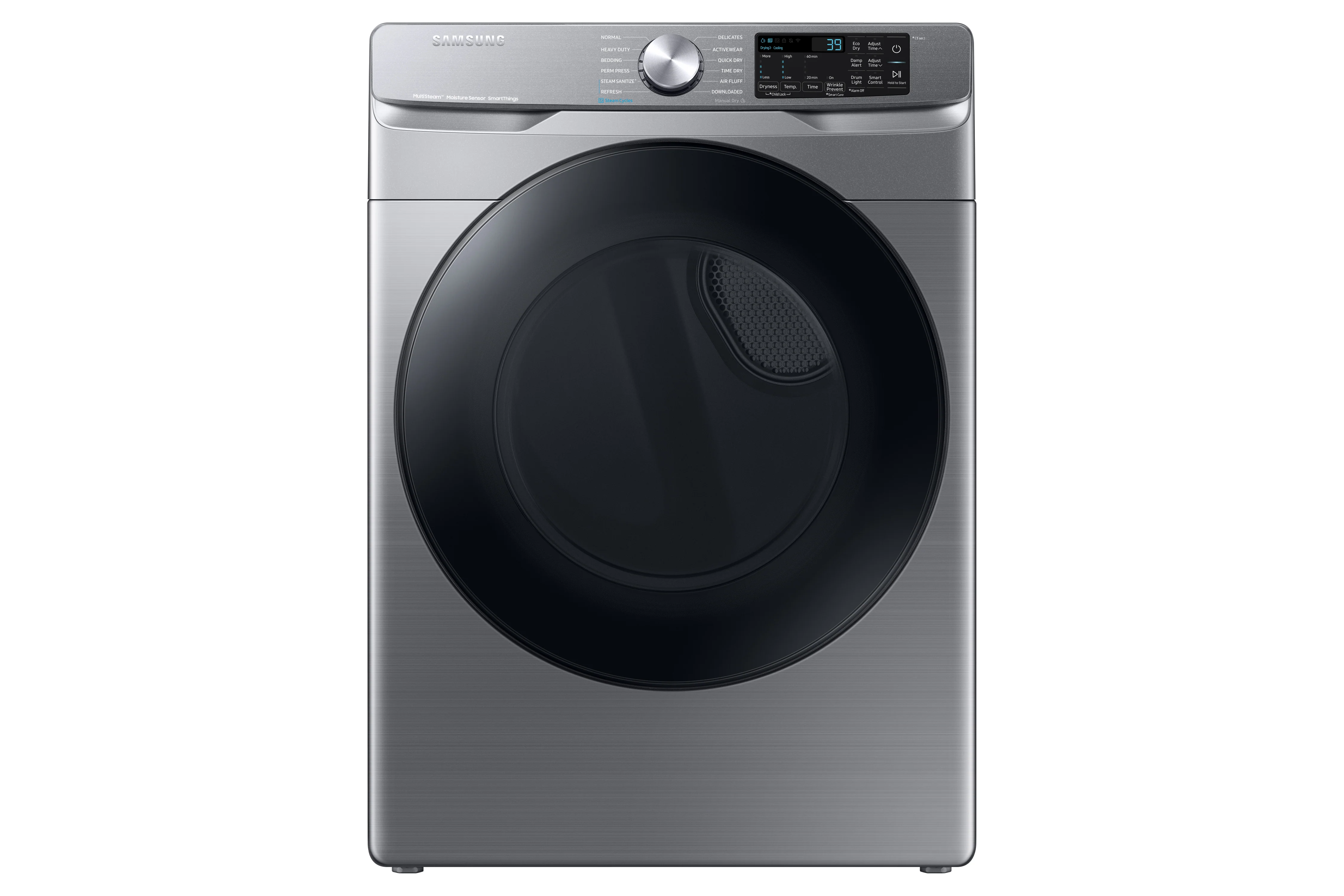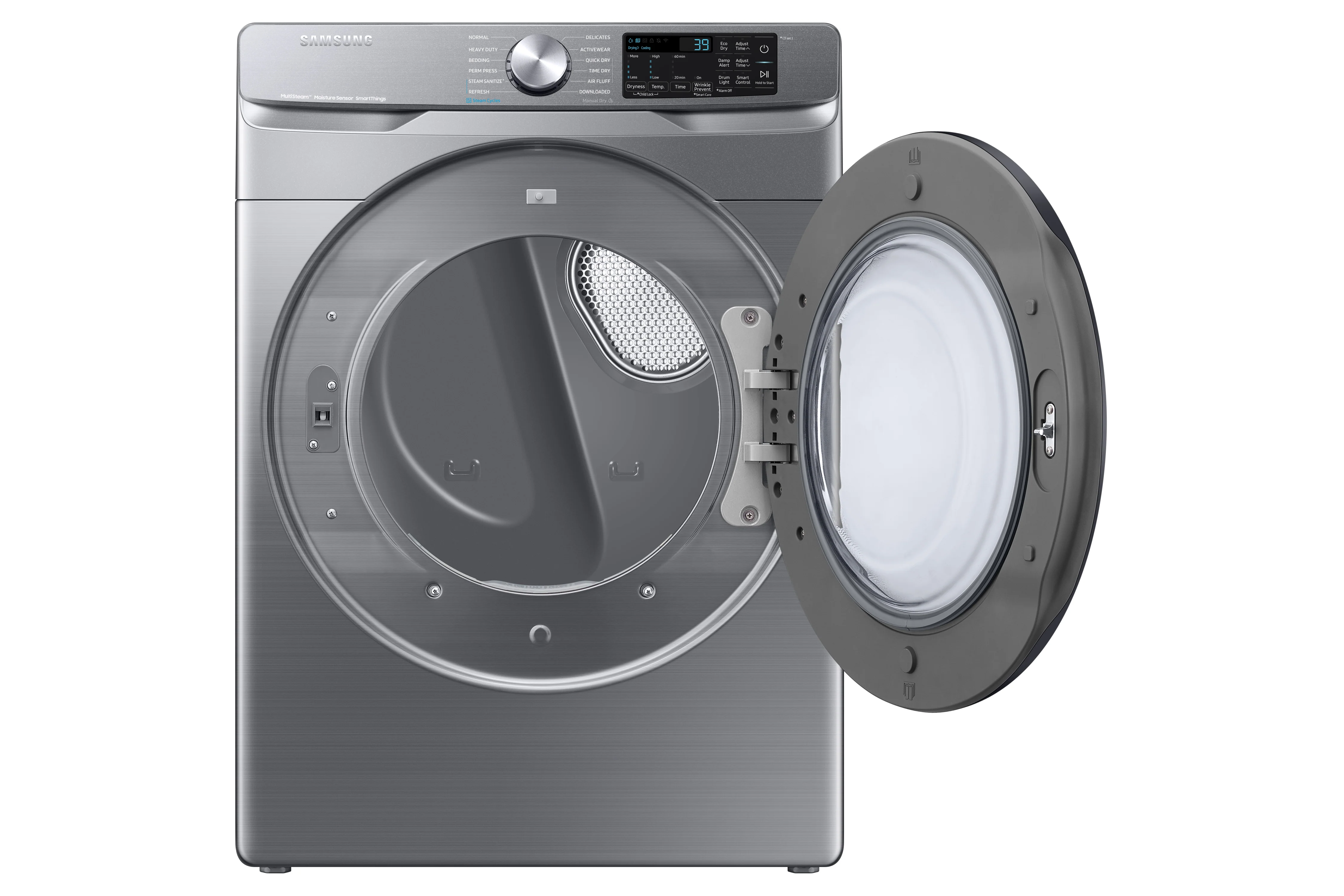Your refrigerator is a little treasure trove filled with your family’s gastronomic pleasures, packed with food from meat to milk, fish, eggs, and veggies. A full refrigerator works at its optimum level, affecting its efficiency in the long run. There are a few simple ways to increase your refrigerator's efficiency. This article will reveal 10 life-changing hacks for any refrigerator or freezer, including French door refrigerators, bottom mount refrigerators, built-in integrated fridges, under-counter fridges, side-by-side refrigerators, etc.
The article will cover the following:
- The benefits of improving refrigerator efficiency
- 10 ways to improve refrigerator efficiency
- FAQs about refrigerator efficiency
Benefits of Improving Refrigerator Efficiency
Refrigerators and freezers are a big part of your monthly electricity bill, and that's reason enough to keep them well-maintained for optimum efficiency. If this is not reason enough for you to improve your refrigerator's efficiency, then the following benefits will definitely make sense. After all, who doesn't want to keep all the food you’ve stocked up on fresh in the most economical way?
Benefits of having an efficient refrigerator:
- saves energy
- keeps food fresh for longer
- increases the life expectancy of the refrigerator
- lowers refrigerator maintenance costs
- energy efficiency positively impacts the environment
10 Ways to Improve Refrigerator Efficiency
Here are 10 tips to simplify your refrigerator maintenance to increase efficiency. If you have an old refrigerator, try these hacks to improve the cooling system. And if you own a new refrigerator (any model or type), these tips will help your refrigerator or freezer continues to cool with the same efficiency for years to come. You can also consider these tips as a go-to refrigerator maintenance checklist. So, let’s begin without further ado.
1. Keep your fridge at the ideal temperature
This tip instantly raises a common question: what temperature should a refrigerator be? The ideal temperature inside your refrigerator should be anything between 35 to 40°F (1.6 to 4.4°C). The freezer's temperature range is from 0 to 5°F (-17.7 to -15°C). So, don’t forget to keep an eye on the temperature inside the refrigerator every time you stock it up. Also, remember that your refrigerator might take at least 24 hours to show an effect after a change in temperature settings.
2. Organize the inside of your fridge for maximum efficiency
Arrange your stuff inside the refrigerator to ensure there is enough room for air circulation. It is crucial to make the refrigerator energy efficient and also save energy. Keeping food together can keep it cooler for longer. Also, a badly stocked refrigerator or freezer might not work optimally due to less airflow to cool down the food.
3. Keep your fridge full
This might sound contradictory to the hack discussed above, but it really helps if you do it right. The refrigerator has to put a little less effort into maintaining the temperature inside when it is almost full, but this doesn't mean you can overload it. To ensure that your refrigerator is not too full and affects the air circulation inside, follow the three-quarter rule. Keep three-quarters of the refrigerator stocked and leave one-quarter free for air circulation. This tactic lies in the even distribution of air while leaving some free space on every rack so the air can circulate evenly.
4. Keep the door closed
You have to use your refrigerator mindfully. Try not to open the door too much because it disturbs the temperature inside. As you open the door, the cool air escapes and warm air seeps in. To restore the previous temperature, your refrigerator has to work harder, affecting its cooling efficiency over time.
5. Turn off the automatic ice maker
The automatic ice maker increases the energy consumption of the refrigerator or freezer by 15 to 20 percent. This means your freezer works more to give you a continuous supply of ice. It is better to turn it off if you don't need it. The traditional method of keeping an ice cube tray inside the freezer is a much better and more energy-efficient option.
6. Keep an eye on door seals
This is a crucial tip if you have an old refrigerator or freezer. A refrigerator’s door seals wear down or loosen over time, allowing some cold air to escape and disturbing the temperature balance inside. You can try the simple dollar bill method to check the efficiency of the door seal. Put a dollar bill between the door and the seal and close the refrigerator. If you can move it easily then it is time to replace your refrigerator’s door seals.
7. Keep refrigerator coils clean
Just cleaning your refrigerator on the inside might not help increase its efficiency. Cleaning your refrigerator coils at least once a year is recommended. To do this, you have to first switch off the unit and then carefully brush or vacuum-clean the refrigerator coils. This simple task can boost the efficiency of your refrigerator by 30 percent.
8. Make sure the fridge has adequate room around it
Air circulation is also important around the refrigerator. To facilitate good airflow around the refrigerator to enhance its efficiency, make sure there is enough space around it. At least 2 inches of space on each side of the refrigerator is necessary to ensure it works efficiently.
9. Utilize power-saver settings
The energy saver setting in your refrigerator is a truly wonderful feature. It powers your refrigerator to do its task more efficiently without consuming too much energy. Keep the energy saver on, but if you notice moisture accumulation inside, then turn it off immediately. This will instantly activate the heaters to remove any kind of condensation from your refrigerator. Turn the power saver setting back on when you see there is no more moisture inside the refrigerator.
10. Upgrade to an energy-efficient refrigerator
It is an investment that saves a lot of money in the long run. Modern refrigerators are equipped with advanced features that work more efficiently and intuitively than older refrigerators. They are also great at saving energy, choosing an energy star certified refrigerator is an easier choice for energy efficiency.
Whether you want a bottom mount refrigerator, French door refrigerators, under counter fridges, built-in integrated fridges, or side-by-side refrigerators, you can find anything in the Coast Appliances’ refrigerator collection that scores high on energy efficiency, from Samsung to Bosch and Whirlpool.
Find Your Ideal Refrigerator
Browse our full selection of refrigerators today.
FAQs about Refrigerator Efficiency
By following the 10 simple tips above, you will never ask questions like “How long does a refrigerator last?” or “What is the refrigerator maintenance checklist? “However, there are still a few general questions that are covered in this FAQ section.
What makes a fridge energy efficient?
Modern refrigerators are designed with large radiators and small compressors to save energy. Large radiators can exchange more heat for a given amount of airflow to keep the temperature balanced. A small compressor runs for a longer period and also consumes less power.
Apart from the built-in features, a refrigerator can work more efficiently when maintained well. As discussed above, the user has to ensure that the refrigerator doesn't have to work optimally all the time, leading to more power consumption. Mindful use of your refrigerator or freezer will not only boost its efficiency but also prolong its life.
How do I make my refrigerator use less electricity?
Upgrading your refrigerator to an advanced energy-efficient model will be a wise decision. You can also try a few simple hacks to ensure your refrigerator is not forced to work more to keep your food cool. For instance, maintaining good airflow inside and outside can keep the temperature under control. Strong door seals can prevent any loss of air from inside. Besides some daily habits like opening the door less frequently, keeping the refrigerator's temperature between 35 to 40°F (1.6 to 4.4°C) and not keeping any hot or warm food inside can help save energy usage.
What causes a fridge to consume more electricity?
All refrigerators use more energy in summer and less in winter. Apart from this, there are situations when you unintentionally make your refrigerator work double to keep food fresh. For instance, overstuffing the refrigerator, keeping it empty, or not keeping your food evenly arranged inside to facilitate air circulation can result in more energy consumption.
Keeping containers open or your refrigerator near a heat source can also increase its energy requirements. The ambient room temperature can also impact the energy usage of the refrigerator. Try to keep the temperature around the unit between 70 to 75°F (21.1 to 23.8°C).
Does turning off the refrigerator at night save energy?
This might sound like a great idea, but it is a myth that needs to be busted. Many people think that turning off the unit at night can save energy as it is not consuming any. However, this might do more harm than good in multiple ways. The temperature inside your refrigerator should be 40°F (4.4°C) or below. This temperature should be maintained constantly to ensure the compressor doesn’t have to work more and use more energy.
When the refrigerator has been turned off for a long time, the temperature inside rises, and the compressor has to work harder than usual to bring the temperature down to its normal setting. This eventually leads to more energy consumption. In addition, when the inside of a refrigerator becomes hot, it can cause bacterial growth, contaminating the food.
Is a full or empty fridge more efficient?
A full refrigerator works more efficiently than an empty one. This might sound weird, but it’s true. When food is stocked evenly throughout the space inside the refrigerator, it becomes easier for the compressor to maintain optimum cooling inside. This happens because the thermal mass of the food items regulates the temperature, or to be precise, cold food keeps the temperature low. An empty refrigerator loses all the cold air once opened, as there is no thermal mass to keep the temperature under control.
A full refrigerator doesn't mean an overloaded refrigerator. Air circulation is crucial for it to run efficiently, so leave some space while arranging the food for even air flow all over the inner chamber.
The refrigerator is perhaps the hardest working member of your kitchen, and it hardly rests. So, it deserves to be maintained to run efficiently, which will also reflect in your energy bills. If you are still struggling with an old refrigerator that is adding to your energy bills every month, try these hacks or switch to a modern refrigerator from a trusted brand. Don't consider it an expense but instead a long-term investment that will save tons of money on energy bills while keeping your food fresher for longer.














































































































